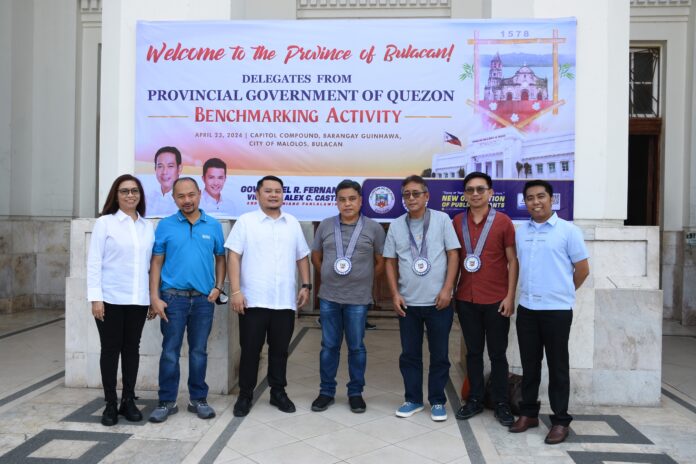By Herman M. Lagon
The art of euphemisms—like how Winston Churchill called a British parliament a liar by saying that he has just committed “terminological inexactitudeness”—is a flourishing tool in our everyday conversation. It is an unspoken skill, a dance around the truths of everyday life, where the gentle touch of well-chosen words softens the sting of harsh realities. Nowadays, using euphemisms, or “white lies” for others, is not just polite; it is etched into the very essence of communication.
Take Mang Juan, a well-respected elder who recently “passed away.” Saying someone “kicked the bucket” does not fit the respectful and tender narrative many prefer. Instead, Mang Juan’s journey to the “great beyond” is discussed over cups of steaming barako in hushed, reverent tones, acknowledging the loss without the cold finality of death.
Then there’s Maria, who found herself “between jobs.” Being “let go” is not just a personal crisis but a community concern. Maria’s situation is whispered among close circles, always with the optimistic supplement that she is “exploring new opportunities,” a testament to our spirit of resilience and mutual support.
Financial discussions, too, are navigated with care. In a place where community welfare trumps individual gain, being “economically challenged” is more palatable than admitting to poverty. This nuanced language reflects a society that values dignity and collective support over blunt truths.
In the political arena, where the air is thick with the promise of change and the whispers of discontent, euphemisms become a tool of diplomacy and critique. When a local politician is accused of being “less than honest,” it is a polite way of highlighting discrepancies without the direct accusation of lying, maintaining the veneer of respectability crucial in discourse.
Even when discussing the sensitive topic of employment, we usually adopt a language of hope and continuity. Those who find themselves without work are “in transition,” a phrase that suggests a temporary setback rather than a permanent state, encouraging a collective belief in better days ahead.
The seniors in our communities are highly respected, but “old people” is a less preferred term for them in formal settings. Instead, they are affectionately known as “our elders” or the “senior citizens,” which denotes respect and acknowledges their wisdom and contribution to society, further illustrating our deep-rooted values.
In matters of health, where directness could unsettle, euphemisms offer a balm. To say someone is “battling a serious illness” is to wrap their struggle in a cloak of bravery and resilience, a communal embrace that speaks volumes of our way of life.
Education, too, sees the gentle application of softened language. Students who struggle are “developing learners,” a term that fosters an environment of growth and potential rather than focusing on their challenges.
Even in the bustling markets and lively festivals, where everyone’s energy comes to life, euphemisms find their place. A vendor whose goods are “reasonably priced” offers a wink to the savvy shopper, promising value without stating outright that their prices are low, a dance of words that enriches the market experience.
Artists and creators often describe their struggles as being “in search of inspiration,” a poetic way of saying they are facing a creative block. This again highlights the community’s penchant for viewing life through a lens of optimism and potential.
In romantic entanglements, where passions run as deep, euphemisms serve as a gentle veil over the complexities of the heart. A couple “taking some time apart” or “cooling off” is understood, with knowing nods, to be navigating the rocky waters of love, a testament to the community’s respect for privacy and the intricacies of human relationships.
Meanwhile, euphemisms provide a comforting embrace in the inevitable cycle of life and death, where the community comes together in celebration and mourning. To say someone has “gone to be with their ancestors” is to honor their memory and place, a tribute that speaks to the depth of the community’s spirit and the enduring bond of its people.
And so, the art of white “terminological inexactitudeness” is not just about softening the edges of reality. It reflects a culture that values respect, community, and the gentle art of gracefully navigating life’s complexities. Now, more than ever, using euphemisms in everyday communication highlights the delicate balance between honesty and sensitivity. Understanding and navigating this balance is crucial, reflecting our values, cultural empathy, and the ever-evolving landscape of human interaction.










